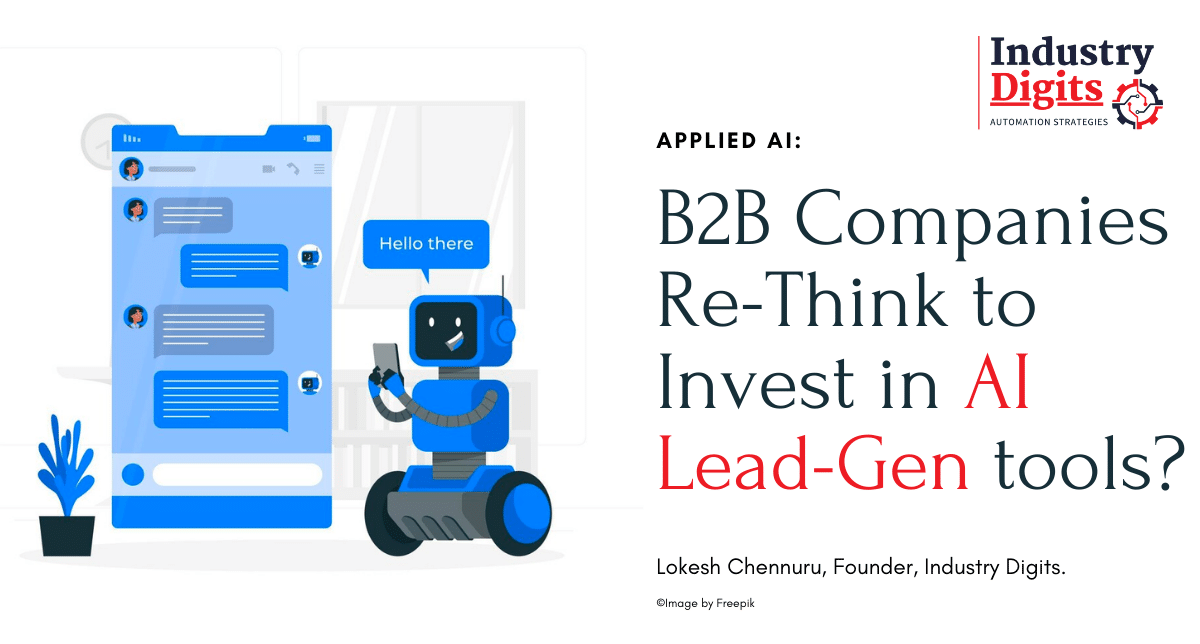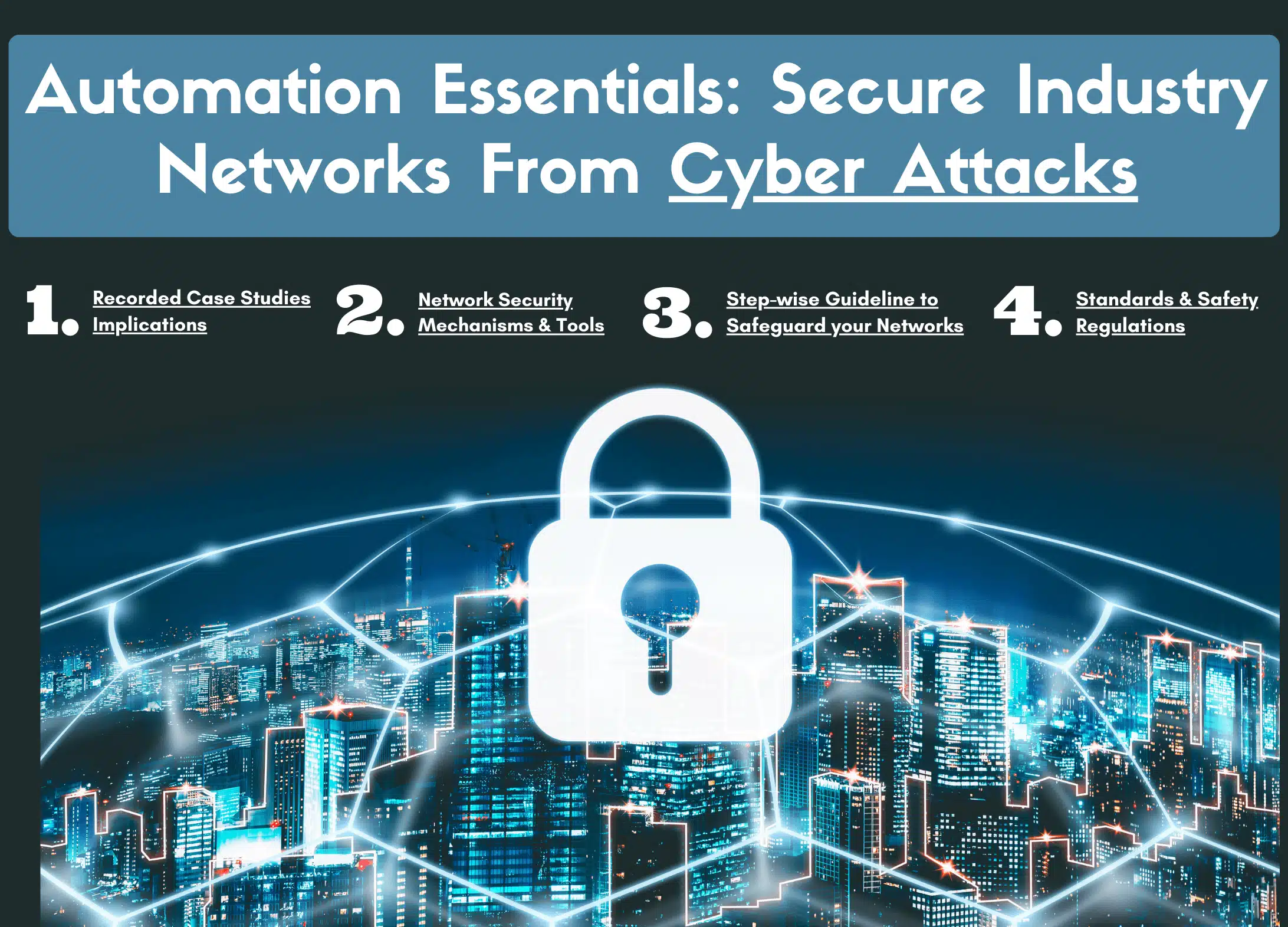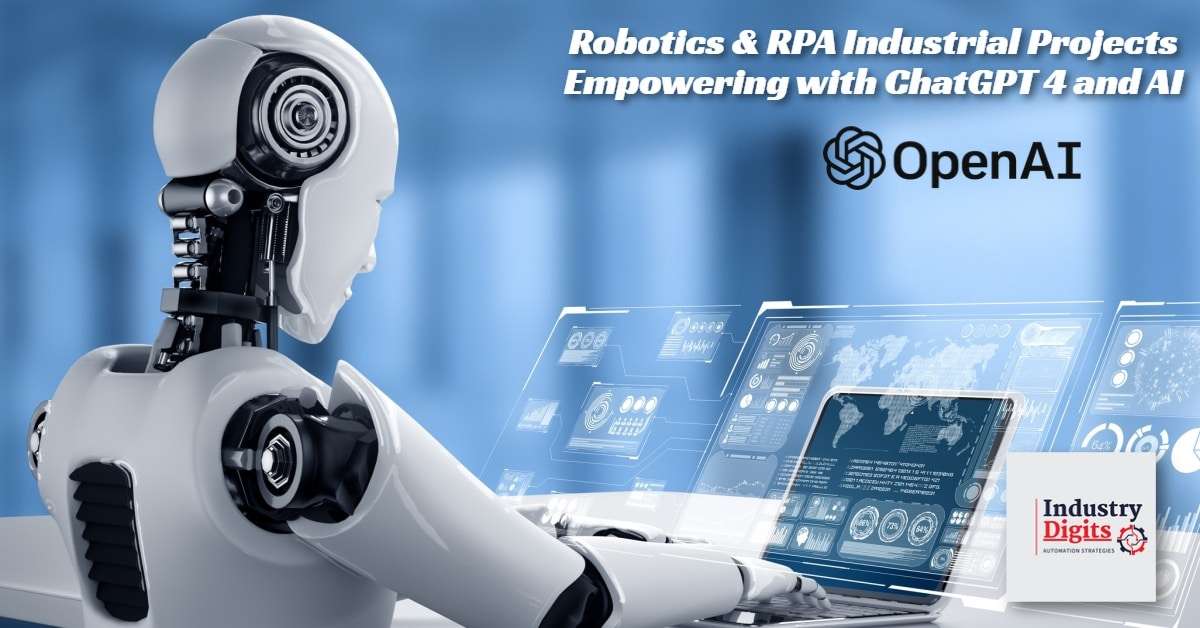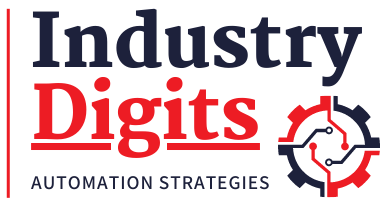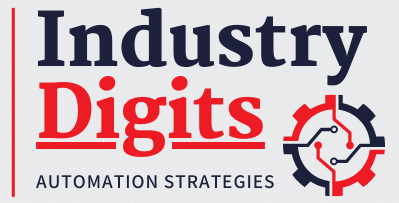“Insights from B2B leaders on six(6) specific reasons why B2B decision makers are rethinking investing in AI-powered chatbots. Exploring Case studies and Examples.
The evolving landscape of technology has made traditional B2B sales and lead generation strategies less effective, primarily due to the limitations of human capacity in meeting the diverse needs of potential clients. Research indicates that a significant majority of B2B buyers, about 80% demand immediate communication, placing companies unable to fulfil this need at a disadvantage.

For context, B2B lead generation differs fundamentally from B2C sales, relying not just on first impressions or cost, but on a comprehensive journey that includes awareness, consideration, and after-sales stages, leading to conversion only when every demand of the client is met.
In this sale conversion process, a pivotal factor for B2B decision-makers is the speed of response, with research showing that 67% of business buyers (of a product/service) expecting an email reply within an hour, and 15% anticipate an immediate response. (refer Salesforce graph above)
Therefore, Suppliers or Marketing agents must avoid neglicting the impact of digital transformations in sales methodologies, viz., Automated Marketing funnels, AI-powered bots to engage clients, prompting AI Agents to schedule appointments, and similar tools. Thanks to advancements in AI technology, today businesses can train and deploy an AI-bot in less than 24 hours and start responding to Leads or Buyers, live 24×7. A well trained model can also ensure consistent brand voice, and match high standards of B2B decision-makers.
Also, contrary to popular opinion that deploying AI is a costly investment, Manychat and similar platforms are offering Omnichannel AI-bots starting at $15/month. These are powerful bots, suitable for most business needs.
Therefore, investing in AI-Technologies and integrating in to core operations is crucial today for maintaining relevance and competitiveness in the dynamic B2B marketplace.
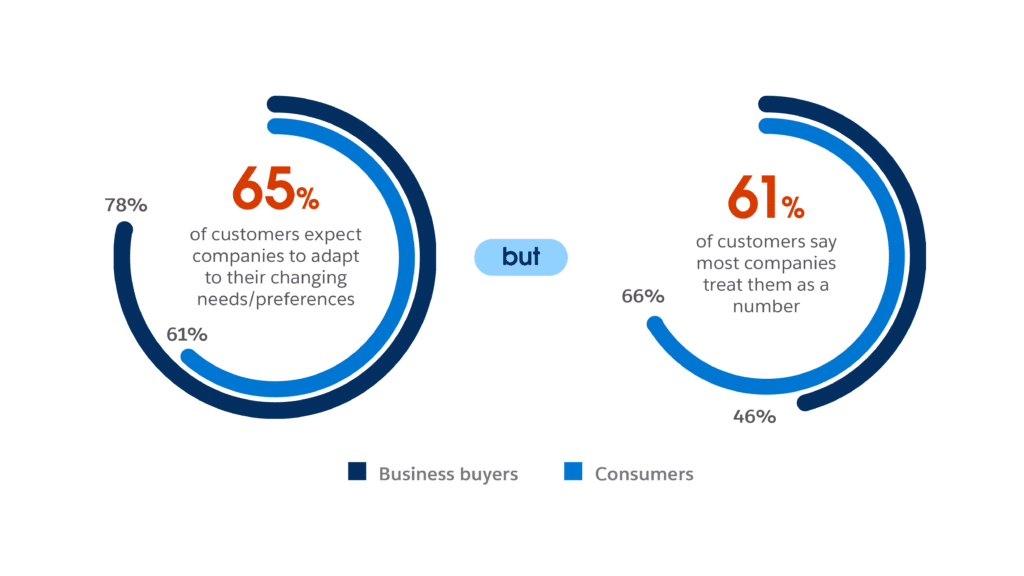
Yet, ignoring this shift towards AI chatbots, as indicated by trends and studies, traditional industries are still reliant on outdated sales processes, creating unnecessary operational delays. This hesitancy, although sometimes justified, dampers the potential of AI to streamline customer interactions and improve efficiency.
In this article, let us explore the ground realities (with examples) and six(6) practical reasons why global B2B industries are yet to normalise AI-driven B2B lead generation strategies.
Why B2B Companies Re-Think Before Investing in AI Lead Generation:
Reason #1: Difficulty in Choosing the AI Strategy:
With a plethora of lead generation strategies available, B2B suppliers often need help identifying the most effective approach for their specific market and audience needs. The challenge lies not only in selecting a strategy but also in choosing an appropriate code/no-code AI model to integrate with the marketing strategy. AI models must be trainable and should adapt and train themselves based on evolving market trends and buyer behaviours.
Examples of affected Industries: Manufacturing SMEs, Tech Companies, and Independent Software Vendors (ISVs), where there is a large spectrum of potential clients whom they should cater to with specific queries.
Reason #2 – Lack of in-house AI Expertise:
Even with a solid strategy in place, the implementation can falter due to a lack of expertise within the team. Many organisations struggle to find skilled AI-professionals who can execute complex lead generation tactics, particularly in content creation and digital marketing efforts, that are pivotal for attracting quality leads.
Examples of affected Industries: Healthcare Start-ups, Small-scale Professional Services (e.g., legal and accounting firms), Emerging E-commerce storefronts, and non-IT companies, with limited in-house tech capabilities.
Reason #3 – Lack of Training Data and Resources to Build AI Models:
Training data (often called a “Knowledge Base”) is crucial for a quality response from AI chatbot as it determines their ability to understand and respond to user queries with specific and relevant information. Quality database prevents a Bot from “hallucinating” or offering generic responses, the quality and diversity of this data are essential and can directly impact a chatbot’s proficiency. For B2B industries, particularly those in niche markets or emerging sectors, acquiring sufficient, relevant training data poses a significant challenge. This affects their capability to deploy effective AI chatbots.
Examples of affected Industries: Niche industries such as B2B Manufacturing, AgriTech, etc, where specific, high-quality interaction data is critical for training AI systems effectively.
Reason #4 – Prioritizing Organic Converstaions & Lead Engagement:
Engaging leads by mimicking a human sales associate, remains a significant hurdle. Initially, companies must invest in creating compelling content and campaigns that resonate with the target audience, especially in crowded markets where differentiation becomes key. Then, the AI Bots must navigate the fine line between informative and persuasive messaging to maintain lead interest and move them further down the sales funnel. However, a ‘rookie’ AI Chatbot can potentially damage the lead and the company’s reputation with low-quality or monotonous responses.

Examples of affected Industries: Companies that do not train AI Models with CRM or Lead generation databases, or with Sales interactions are prone to offer stereotype answers. These responses are not specific and of zero-use for the B2B decision maker. Therefore, elaborate testing of AI-bots are crucial before deployment.
Reason #5 – Data Privacy and Security Concerns:
With increasing regulations on data privacy and security, such as GDPR in Europe and CCPA in California, companies are cautious about deploying technologies that process customer data. AI chatbots, which require access to vast amounts of data to function effectively, pose potential risks in terms of data breaches and compliance violations. The Ponemon Institute’s “2020 Cost of a Data Breach Report” shows that the average total cost of a data breach is $3.86 million, underscoring the financial risks involved.
Examples of affected Industries: Financial Services, HealthTech Start-ups, B2B E-commerce platforms dealing in sensitive products (e.g., chemicals), and legal firms, where NDAs are signed to maintain data confidentiality.
Reason #6 – Uncertain ROI:
Despite the potential benefits of AI chatbots, many businesses are unsure about the return on investment (ROI) they can expect. The technology’s relatively new status means there is limited long-term data on its effectiveness and impact on sales, customer satisfaction, and operational efficiency. This uncertainty makes it difficult for companies to justify the initial expenditure, especially in industries where margins are thin and every investment must be carefully considered.
These six challenges reflect the global hesitation and the complexities faced by majority of emerging/small scale B2B companies to integrate AI as human replacements. We have attempted to illustrate the key areas where businesses need to find answers and solve these complexities in order to thrive in a world where digital interactions are paramount. This overview, we believe is essential for understanding the hurdles in creating effective digital strategies for engaging and supporting B2B customers today.
Summary and Future Trends:
To conclude, businesses must continuously evolve their strategies while addressing the enduring challenges of legacy systems. Identifying and overcoming these obstacles is key to integrating AI-powered chatbots into sales strategies effectively. This approach not only converts leads into loyal customers but also leverages technology to enhance engagement and operational efficiency.
For businesses aiming to navigate the complexities of AI integration while seeking tangible value and growth, our expertise stands out. At Industry Digits, we provide tailored AI bot solutions and strategic planning, focusing on practical outcomes and efficiency improvements. Connect with us to explore how a customised AI strategy can advance your operational goals and foster sustainable advancement.
Reach us at info@industrydigits.com.
-Lokesh Chennuru, Feed for Industry Digits
To stay up-to-date with the latest trends and best practices in the world of Applied AI, consider signing up for our newsletter or following us on social media. We regularly share informative articles, industry news, and expert insights to help you stay ahead in this rapidly evolving field. By staying connected, you’ll have access to a wealth of resources and knowledge that can help you make the most of your IIoT projects.
Read More: Industrial IoT Projects: The Complete Sensor-Selection Guide. For Free!
We hope you found this article valuable. If you believe it could benefit others in your network, please feel free to share it with your colleagues and friends or on social media platforms. Sharing knowledge helps the entire community grow and stay informed.

